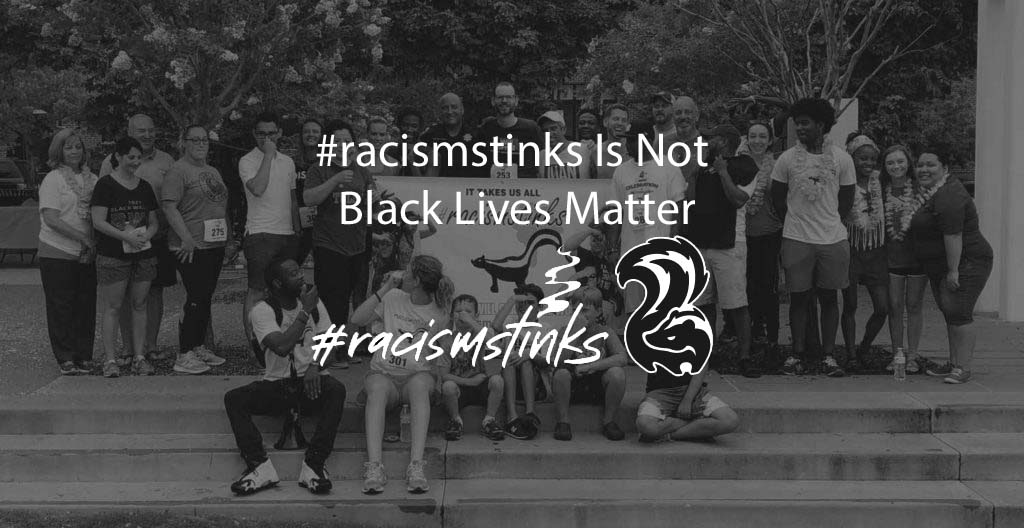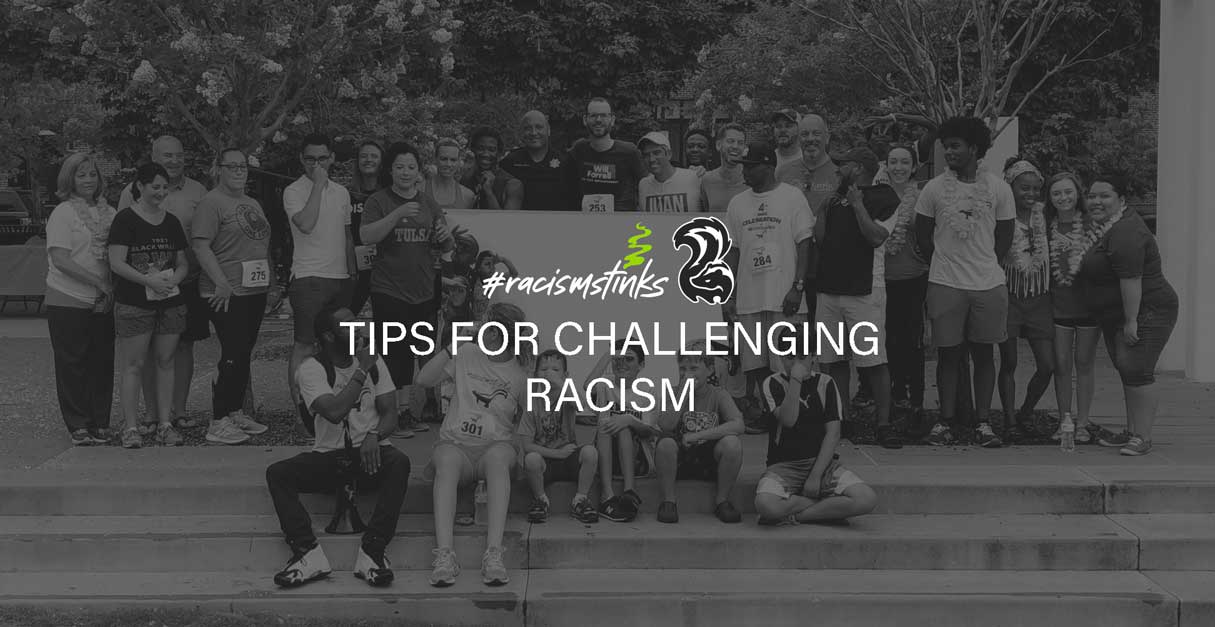NEWS
The latest #racismstinks news and posts.
WHITE PRIVILEGE IS NOT REAL:
The term white privilege sparks heated debates, but it is misleading. It discredits white achievements while shifting focus away from the real issue: the systemic disadvantages faced by Black, Indigenous, and People of Color (BIPOC) communities.
Historical Context:
America was built on frameworks that excluded BIPOC communities and all women from equal rights. While laws like the Fourteenth Amendment of 1868, which aimed to provide equal protection under the law to all Americans, and the Civil Rights Act of 1964, which eliminated legal segregation and legal discrimination, aimed to correct these injustices, the deep wounds of racism were never fully healed. Today, those unaddressed disadvantages still impact education, economics, and healthcare.
A Better Way to See It:
Imagine a race where one swimmer competes with a broken arm. The other, using both arms, isn’t privileged; he’s simply in his natural state. But because the injury was never treated, the struggling swimmer sees the other’s normal function as an advantage. That’s how racial disparities work. The problem isn’t that white people have extra benefits; it’s that BIPOC communities were never given the healing necessary to compete on equal ground.
The Need for Accurate Language:
White privilege is the wrong term because it implies an unfair advantage rather than acknowledging systemic disadvantages. A more precise and respectful term is
BIPOC Disadvantages —a phrase that highlights racial disparities without attacking another race.
Moving Forward:
Real progress requires collective action and honest dialogue. By addressing BIPOC Disadvantages and committing to racial healing, we can build a stronger, more united society.
Zero isn’t a privilege. It’s the baseline. The goal isn’t to divide but to heal.
Conclusion:
“White Privilege” is not real. However, it is vital to recognize the systemic disadvantages faced by BIPOC communities due to historical racism, which has led to ongoing inequalities. Understanding the complexities of equality involves: Acknowledging the historical context, recognizing the need for healing measures, and actively working towards a more equitable society. By addressing these issues, we can strive for a future where all individuals have equal opportunities to thrive and where the misconception of zero being a privilege can no longer divide us.

#racismstinks Is Not Black Lives Matter
As an anti-racism organization founded by a Black person, the phrase “Black Lives Matter” or the “Black Lives Matter Movement” often becomes a point of discussion. It is easily understandable how or why the confusion can arise; however, it is important for us to draw a clear and visible distinction from the aforementioned movement/phrase and #racismstinks.

Tips For Challenging Racism
With social movements like “Black Lives Matter,” “All Lives Matter,” and “Blue Lives Matter,” discussions about race and racism have moved to the forefront when dissecting the problems America faces on its own soil. If any one of these movements have caused self-reflection or even pain, it’s time to start having difficult conversations about race in our society.

